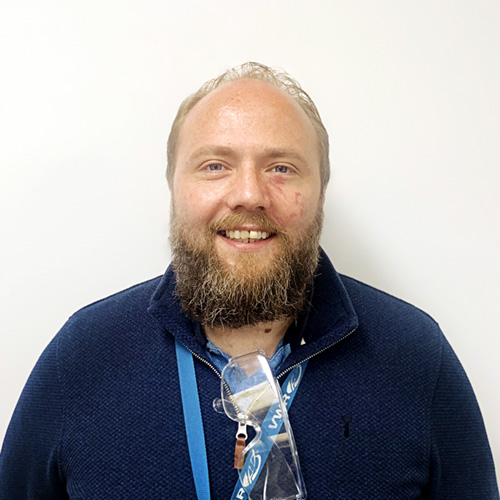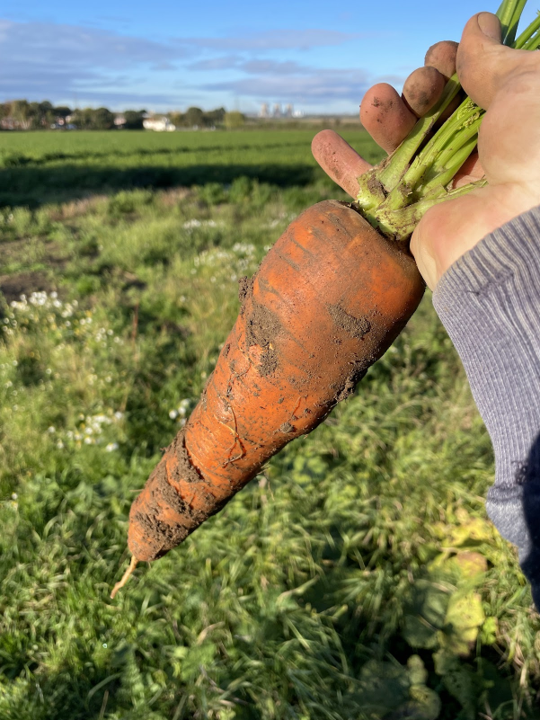
Bringing to life a project idea through the EPSRC Mobility DTP
When Darren Phillips, Senior Process Technologist at the BDC, was considering applying to the EPSRC Mobility DTP it was within the context of the COVID-19 pandemic and a period of lockdown in the UK.
Bringing unexplored project ideas to life
Having observed at work that a number of promising project ideas needed to be parked due to lack of time or lack of funding, Darren saw this DTP as an opportunity to bring one of those unexplored project ideas to life as a research proposal for this programme.
The application, admission and enrollment experience felt straight forward despite not being fully fleshed out in its early stages. The uncertainty around how the funding package would apply to someone receiving a salary had the potential to be a barrier, particularly if participating in the DTP led to a reduction in income. More clarity and reassurance around this was welcome and appreciated as money worries were especially acute during the pandemic.
Darren explained more about his research project:
My research focuses on the recovery and characterisation of ice binding proteins (IBPs) from commercial cultivars of Daucus carota, commonly known as the carrot. These proteins play a crucial role in the survival of organisms in cold environments by controlling ice formation and growth. My aim is to better understand the structure, function, and properties of these proteins and develop innovative methods for their extraction and purification from carrots. The insights gained from this work will contribute to a broader understanding of the potential applications of IBPs in various industries, including agriculture, medicine, and biotechnology.
The time between applying and starting on the programme was longer than anticipated. This initially felt like a delay but on reflection, the slightly longer lead-in was useful as preparation time. It was especially handy to have been able to wrap up some work projects before embarking on DTP research.

It was anticipated that balancing the time commitment of the DTP alongside employment would be a challenge, and it remains so a year in. The planned 50/50 split between work time and research time has not quite panned out and is probably not a realistic expectation. The hardest thing about the programme so far has been scheduling a consistent routine that balances work, research and life.
Based on his experience, Darren's advice to a new DTP applicant would be to:
Try and align their start date with the typical academic year both to minimise the risk of feeling out of step and to maximise opportunities to plug into the department’s research community and benefit from the knowledge and support it can provide.

One of the non-academic challenges of this DTP has been navigating the admin processes and procedures inherent in a research programme. This could be, in part, due to having started midyear and therefore being ‘out of step’ with the information flow of a usual yearly cycle. It’s possible that integrating more fully into the wider departmental PGR community would have mitigated this challenge as at least some of that knowledge and support may have been gleaned from informal interactions with other PGRs.
This DTP has equipped Darren with tools, techniques and training that he would not have otherwise accessed. It has also stimulated an interest in potential commercialisation opportunities in future. The standout highlight of the DTP experience has been the opportunity to connect with a global network of researchers and experts with similar research interests. Those connections have been interesting and enriching and have been a valuable outcome of participating in this programme.
Ice binding proteins from carrots
Stimulating interest in potential commercialisation opportunities
Connecting with a global network of researchers and experts
This case study has been prepared by Jen Gibbard (DTP Admin Manager) based on a conversation between Darren and Jen held in April 2022.
